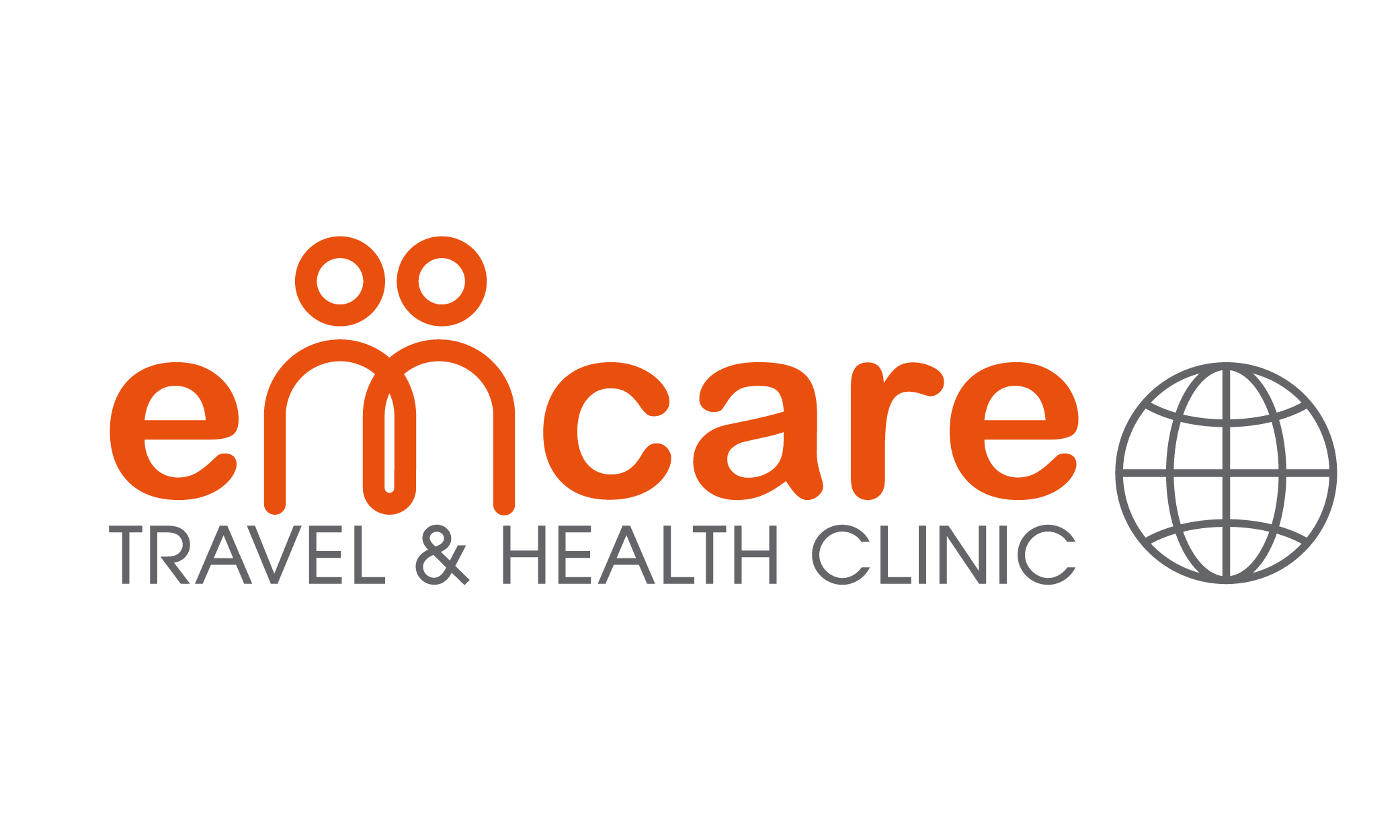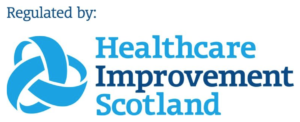Travelling with a health condition, during pregnancy, or while immunosuppressed doesn’t have to mean staying at home. With the right preparation, vaccination planning, and medical support, you can enjoy safe and comfortable travel almost anywhere. Consulting a travel health specialist early—such as Emcare Travel Clinic—ensures your trip is both enjoyable and medically sound.
Understanding the Importance of Travel Health Planning
Travelling can expose you to new environments, infectious diseases, and physical demands that may challenge your health. For those with chronic illnesses, weakened immune systems, or pregnancies, these risks can be amplified. A personalised travel health plan protects both your wellbeing and your travel experience.
The UK’s NHS guidance on travel health advises seeking medical advice at least 6–8 weeks before departure. This allows enough time to arrange any necessary vaccinations, adjust medications, and ensure medical clearance for travel.
At Emcare Travel Clinic, we specialise in providing safe, tailored travel health advice for individuals with special medical needs. Whether you require a custom vaccination schedule or travel documentation for your airline, our clinicians can help you prepare safely.
Preparing for Travel: First Steps for At-Risk Travellers
Before making any arrangements, start with a comprehensive medical review. Your GP, consultant, or travel health specialist can assess your current health status and help determine whether travel is advisable.
Discuss Your Destination and Itinerary
Some destinations pose higher risks for infectious diseases or environmental stressors (e.g. high altitude, humidity, extreme temperatures). When planning your trip, discuss:
- Destination and duration of travel
- Type of accommodation and local healthcare access
- Activities planned, such as trekking, swimming, or fieldwork
- Potential exposure to food-borne, water-borne, or vector-borne diseases
Pregnant travellers or those with heart, kidney, or respiratory diseases should also consider the availability of advanced medical care at their destination.
Schedule a Travel Health Consultation
Book an appointment at a qualified travel clinic at least 8–12 weeks before departure. This allows enough time to complete any multi-dose vaccine courses or modify medications. For example:
- People on immunosuppressants may require altered vaccination schedules.
- Pregnant women may need additional malaria prevention advice.
- Travellers with diabetes or heart disease should review temperature and altitude precautions.
Emcare offers complete pre-travel consultations tailored to your health condition, vaccination history, and itinerary.
Vaccinations: What to Know When You Have a Health Condition
Vaccines are one of the most effective ways to prevent travel-related illness. However, not all vaccines are suitable for every traveller.
Live vs Inactivated Vaccines
If you are immunosuppressed (for example, due to chemotherapy, organ transplant medication, or autoimmune treatment), live vaccines such as Yellow Fever, MMR, or Varicella may be contraindicated. In such cases, your clinician may issue a medical exemption letter and provide enhanced preventive advice such as mosquito-bite protection.
TravelHealthPro advises that severely immunosuppressed travellers should avoid areas where live vaccine requirements exist whenever possible. For destinations where entry vaccination is mandatory, Emcare can issue the appropriate medical documentation.
Inactivated vaccines (such as Hepatitis A, Typhoid, and Influenza) are generally safe and recommended for most travellers, including those who are pregnant or immunocompromised. They can still be given but may require booster doses to ensure adequate protection.
Vaccines for Pregnant Travellers
Some vaccines—such as Tetanus, Diphtheria, and Hepatitis B—are safe and can protect both mother and baby. However, live vaccines (like MMR and Yellow Fever) are typically avoided during pregnancy unless the risk of infection outweighs the theoretical vaccine risk.
Pregnant women planning travel to malaria-risk areas should also discuss safe antimalarial options and mosquito prevention methods with their travel clinician.
Managing Medications Before and During Travel
Packing and Storage
If you take regular medication:
- Carry enough supply for your entire trip plus extra doses in case of delay.
- Keep all medicines in their original labelled packaging.
- Carry a doctor’s letter outlining your diagnosis, medications, and dosages.
- Store temperature-sensitive medications in a cool bag or insulated pouch.
- Always pack medicines in your hand luggage—not checked baggage.
Medication Legality Abroad
Some countries restrict importation of specific drugs, including certain painkillers, sedatives, and insulin. Check local embassy guidelines before you travel to avoid confiscation or legal issues.
If you’re unsure, Emcare’s travel clinicians can advise which medical documents you should bring.
Timing and Compliance
Time zone changes can affect medication timing, particularly for those taking insulin, thyroid medication, or anticoagulants. Your healthcare provider can help you adjust dosing schedules safely for long-haul travel.
Special Considerations for Immunosuppressed Travellers
Immunosuppressed individuals face greater risk of infection from both everyday and exotic pathogens. According to TravelHealthPro’s guidance, prevention strategies should include:
- Strict hand hygiene and safe food practices
- Avoiding untreated water, including swimming in freshwater lakes or rivers
- Vector control, including DEET-based repellents and mosquito nets
- Avoiding crowded public areas during disease outbreaks
If you receive immunosuppressive therapy, ask your doctor whether you should pause treatment before travel to improve vaccine response or reduce infection risk. This must only be done under medical supervision.
Pregnancy and Air Travel Safety
Airlines generally allow travel up to 36 weeks for single pregnancies and 32 weeks for multiple pregnancies. Always confirm your airline’s policy in advance, and carry a “fit to fly” certificate from your midwife or doctor if you are over 28 weeks pregnant.
Other travel considerations include:
- Seat selection: choose an aisle seat for comfort and mobility.
- Hydration: drink plenty of fluids to prevent dehydration.
- Compression stockings: reduce the risk of blood clots on long flights.
- Frequent movement: walk or stretch every 1–2 hours.
The NHS pregnancy travel guide also advises avoiding travel to high-altitude or malaria-endemic regions where healthcare may be limited.
Travel Insurance and Medical Documentation
Comprehensive Medical Coverage
Always declare your health conditions when purchasing travel insurance. A failure to do so can invalidate your policy. Look for insurers that cover:
- Pre-existing medical conditions
- Pregnancy complications and neonatal care if applicable
- Medical evacuation or repatriation
- 24-hour assistance helplines
Travel Health Documentation
When travelling with preexisting conditions, always carry:
- A summary letter from your GP or specialist
- Copies of your prescriptions and vaccination record
- A medical exemption certificate (if applicable)
- Emergency contact details for your healthcare providers
These documents can be lifesaving if you require medical care abroad.
In-Travel Health Tips
Food and Water Hygiene
Digestive illnesses like traveller’s diarrhoea can be severe in those with weaker immunity or pregnancy. Protect yourself by:
- Drinking bottled or purified water
- Avoiding ice cubes, salads, and raw or undercooked foods
- Eating freshly prepared, hot meals
- Carrying oral rehydration salts for emergencies
For high-risk travellers, clinicians may prescribe a stand-by antibiotic pack to treat severe diarrhoea if needed.
Insect and Vector Protection
Mosquito-borne diseases such as malaria, dengue, and Zika can pose serious risks for pregnant or immunocompromised travellers. Reduce exposure by:
- Applying DEET-based repellents (safe during pregnancy in recommended concentrations)
- Wearing long-sleeved clothing and sleeping under treated mosquito nets
- Staying indoors during dusk and dawn when mosquitoes are most active
Heat and Climate Precautions
Travellers with cardiovascular disease, diabetes, or pregnancy should avoid dehydration and heat exhaustion. Wear loose, breathable clothing and avoid prolonged exposure to high temperatures.
After Travel: Monitoring and Follow-Up
If you experience fever, fatigue, rash, diarrhoea, or respiratory symptoms within weeks of returning home, seek immediate medical attention and mention your travel history. Some infections—such as malaria or hepatitis—can develop weeks after exposure.
At Emcare, we encourage all returning travellers with ongoing health concerns to book a post-travel health review. This ensures any emerging illness is detected early and managed appropriately.
Why Choose Emcare Travel Clinic
Travelling with preexisting conditions requires more than a checklist—it demands medical understanding and tailored support. Emcare Travel Clinic provides:
- Expert risk assessments for travellers with chronic illnesses, pregnancy, or immunosuppression
- Safe and tailored vaccination plans, including medical exemption letters when necessary
- Advice on travel medications, health insurance, and destination risks
- Ongoing support from pre-travel planning to post-travel monitoring
- Flexible appointments for individuals, families, and corporate travellers
For businesses, Emcare also offers corporate vaccination programmes that help protect employees travelling for work.
Conclusion
Travelling with a medical condition, during pregnancy, or while immunosuppressed is entirely possible—with the right preparation and professional guidance. From vaccine planning to insurance advice, Emcare Travel Clinic ensures you can travel with confidence and safety.
To schedule your personalised consultation, visit Emcare Travel Clinic or call 0141 404 0075 to speak with our team today.


Recent Comments